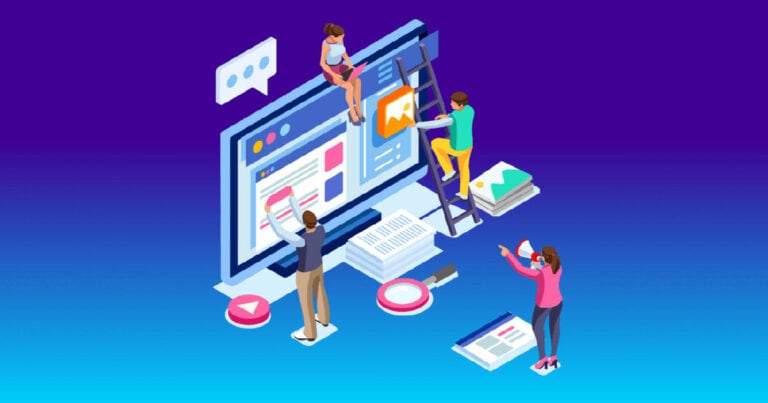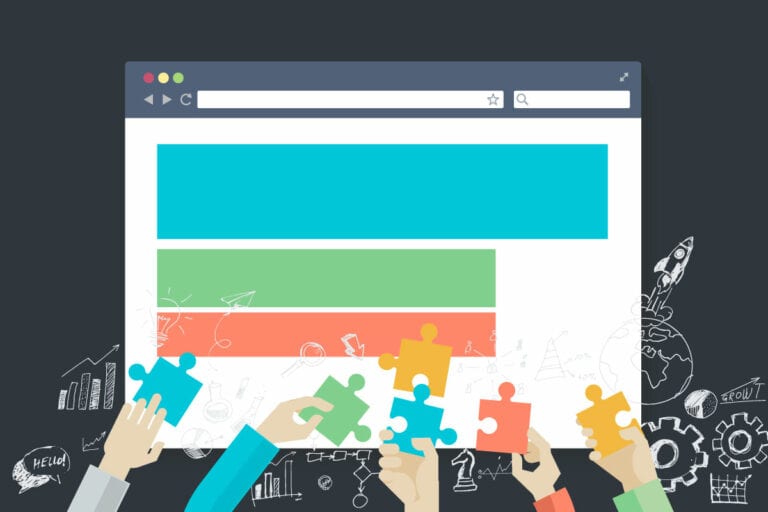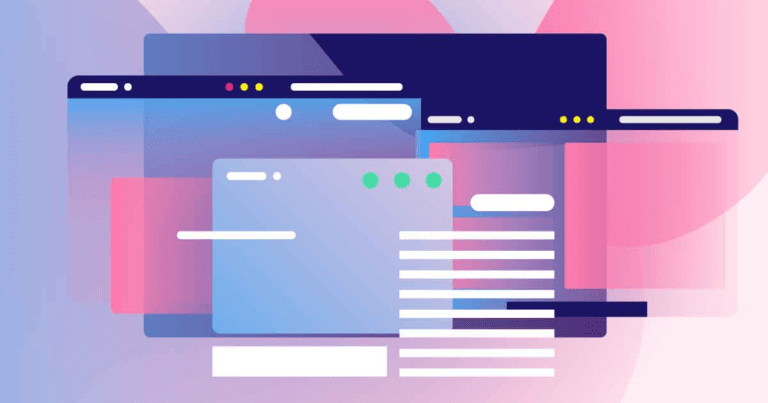Is Your Small Business Website Accessibility-friendly?
More and more small business websites have become the targets of accessibility lawsuits. They’re being held accountable for making websites usable to customers with physical handicaps and accessibility challenges.
In 2019, International legal firm Seyfarth Shaw noted that ADA Title III lawsuits reached record numbers. Eleven thousand fifty-three suits were filed in federal court. The 8.8% increase from 2018 showed California led the way with 4794 cases, of which a significant amount involved web accessibility.
Source: Essential Accessibility
Small local businesses have felt the sting of legal action unprecedentedly in the last number of years too. The number of registered lawsuits in the U.S. has continued to increase dramatically every year since 2017.
These lawsuits are challenging small business owners with cases that are often unethical or unnecessary. The laws which serve as guidelines are also sometimes vague and difficult to understand for business owners. As a result, small businesses end up relying on specialized lawyers to help them navigate murky legal waters.
Fortunately, more tools to test websites for accessibility are becoming available to business owners. Now, businesses can proactively equip themselves with hassle-free and cost-effective means to address access issues before legal actions occur.
Accessibility can test small company budgets.
Trying to keep your website compliant with the Americans with Disabilities Act (ADA) and the Web Material Accessibility Standards (WCAG) isn’t easy for big companies. But, it’s a real challenge for smaller businesses.
Small businesses are much more susceptible to unreasonable lawsuits because they don’t have the budget plans to make their sites ADA and WCAG compliant. Accessibility updates often take a backseat because managing compliance adds up.
Reliable, affordable resources for small businesses to proactively handle frequently changing accessibility laws have been hard to find. The added workload has historically been expensive and discouraging for smaller-sized companies that are merely trying to survive post-pandemic conditions.
Big corporations like Nike and Converse have faced lawsuits in recent years. In 2017, A woman named Maria Mendizaba filed a suit against the two companies. She was visually impaired and argued that their websites wouldn’t work with screen reading software. Descriptions for images and links in the code were absent and made it very hard for her to use their websites. Nike was able to reach a settlement agreement and resolved the ADA suit.
The main takeaway for small businesses is that big companies like Nike or Converse can take a hit like this financially. The average small business might be devastated.
Source: Accessible Metrics
What hurdles do small businesses face in making their website compliant?
Small businesses commonly run websites that require an overhaul and updates regularly. Because of the cost to maintain a site or the staff resources needed, they typically don’t upgrade their websites as often as larger companies.
As a result, they frequently have older assets like images and links that don’t meet accessibility standards.
Sites can also be difficult for smaller companies to maintain because the governing laws are dynamic. Accessibility laws are continually changing, which makes it difficult for SMBs to stay up-to-date.
So, how can businesses stay compliant?
What can small companies do to maintain their website accessibility proactively without large commitments of expense or staff?
Web accessibility services like accessiBe, audioeye or Monsido may hold the secret to making website accessibility hassle-free and cost-effective for small businesses.
These solutions work with any size company website. This artificial intelligence (AI) service involved offers an automated way to make websites available to a broader audience.
Installation is usually very straightforward. A single line of JavaScript code is installed into your company’s website. Afterward, the AI starts scanning and analyzing webpages. The AI performs the tedious task of checking each webpage for access problems and sometimes repairing them.
The AI is dynamically updated and collects data and details from every website it monitors. It continues to update and evolve to become increasingly more accurate even when legislation changes occur. The big win for small businesses is that they don’t need to make sure compliance updates happen.
Services like these offer a straightforward remedy for big corporations and small businesses to implement. Larger companies like Nike, Five Guys, or Netflix who have had to deal with ADA-related lawsuits can spend less through preventative action.
Small businesses can feel good about making their websites available to people with specials needs. And with website accessibility services, they can do it affordably. And they help protect their businesses from unnecessary legal claims while doing so.
It’s not hard to understand how an accessibility auditing service can be useful. However, there’s no solution available as of this writing that we’ve found to be 100% preventative. Even an AI service like accessiBe or audioeye or Monsido won’t prevent a lawsuit claim from ever happening. Still, it may deter a considerable amount of frivolous cases.
Final Thoughts
Accessibility is problematic and it’s hard. Running a small business is taxing enough without having to worry about frivolous lawsuits. At Cooperata, we use a variety of resources to test our site and check it constantly. Generally, we recommend using a combination of tools to scan your site along with a real human analyzing content. We hope this information has been helpful for you. If you’d like more accessibility information or are interested in periodic accessibility audits for your website, please reach out via our contact form.







